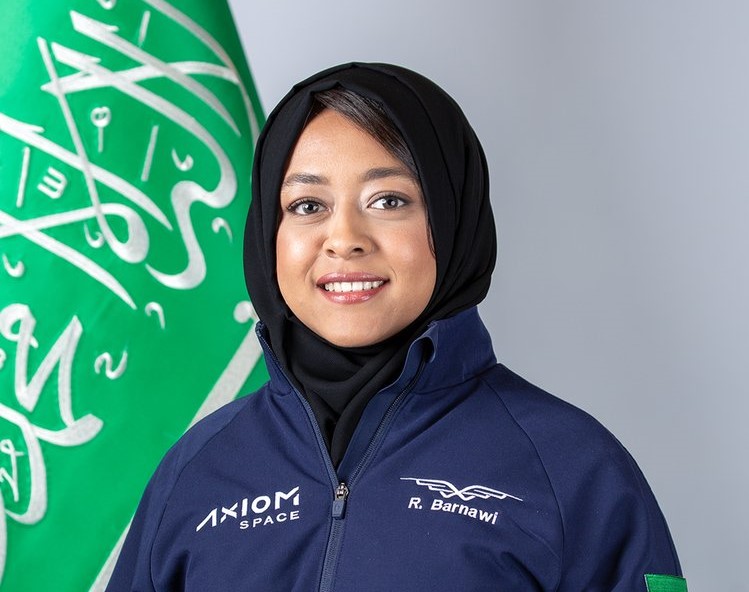In a groundbreaking development, Saudi Arabia is poised to make history by sending its first Arab woman astronaut to the International Space Station (ISS). This milestone achievement represents a significant step forward for the Kingdom’s ambitions in space exploration and underscores the growing prominence of women in the field of science and technology. The selected astronaut is part of Saudi Arabia’s efforts to advance its space program and inspire future generations of scientists, especially women, to pursue careers in space exploration.

Saudi Arabian Woman Set to Become First in the Country to Travel To Space
Saudi Arabia has been steadily expanding its presence in the field of space exploration over the past decade. The Kingdom established the Saudi Space Agency in 2018 to oversee its space-related activities and initiatives. Since then, it has actively worked toward developing its capabilities in satellite technology, astronomy, and astronaut training. This latest announcement of sending an Arab woman to the ISS demonstrates the Kingdom’s commitment to fostering diversity and inclusion within its scientific endeavors.
Who is Rayyanah Barnawi Saudi Arabian Astronaut?
The chosen astronaut, whose identity has not been revealed yet, will be the first Arab woman to venture into space. This milestone achievement reflects Saudi Arabia’s dedication to promoting gender equality and women’s empowerment. By showcasing the talent and capabilities of women in the field of space exploration, the Kingdom aims to inspire young Saudi girls to pursue their dreams and overcome societal barriers.
To prepare for this historic mission, the Saudi astronaut will undergo an intensive training program, encompassing a wide range of physical and mental exercises. The training will focus on spacewalks, operating the ISS systems, conducting scientific experiments, and adapting to the unique challenges of life in space. The rigorous training regime will ensure that the astronaut is well-prepared for the demanding conditions of space travel and their responsibilities aboard the ISS.
The journey of the Saudi woman astronaut to the ISS is not just a Saudi accomplishment but also a testament to international collaboration. The selection process and training will involve close cooperation with renowned space agencies such as NASA, Roscosmos, and the European Space Agency. This collaborative effort highlights the shared commitment of the global space community to advance human space exploration and foster international partnerships.
Inspiring Future Generations:
Beyond the immediate significance of sending an Arab woman astronaut to the ISS, Saudi Arabia’s endeavor aims to inspire and empower future generations. By breaking traditional barriers and challenging gender stereotypes, the Kingdom is paving the way for young Saudi girls to pursue careers in science, technology, engineering, and mathematics (STEM) fields. It seeks to foster a culture of innovation, curiosity, and exploration among the youth, propelling the Kingdom’s scientific progress and contributing to the global scientific community.
Conclusion:
Saudi Arabia’s decision to send its first Arab woman astronaut to the International Space Station marks a monumental milestone in the Kingdom’s space exploration journey. This historic endeavor underscores the nation’s commitment to advancing its space program and promoting gender equality within the scientific community. By providing opportunities for women to excel in STEM fields and showcasing their accomplishments, Saudi Arabia aims to inspire a new generation of scientists, engineers, and astronauts, fostering a more inclusive and diverse future in space exploration.
